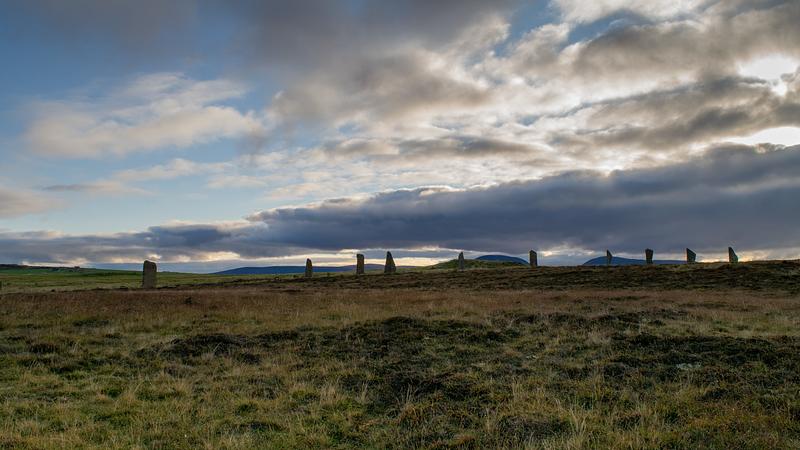Looking for more in Writing and Authors?
What is Scots?
Scots is a varied and diverse language made up of several different dialects

Scots is one of the native languages spoken in Scotland, alongside English and Scottish Gaelic. Recognised as one language made up of several different dialects localised to different areas of the country, Scots is incredibly diverse and varied. Even if you don’t consider yourself a Scots speaker, you’re probably familiar with certain words or expressions. From aye to bonnie, wee to bahookie, there are plenty of Scots words that are commonly used throughout the UK and beyond.
If you’d like to find out more about varieties of Scots, The Scots Language Centre provides resources about the different Scots dialects(this link will open in a new window) spoken throughout Scotland.
What is the history of Scots?
According to the Dictionars o the Scots Leid(this link will open in a new window) (Dictionary of the Scots Language), Scots is a West Germanic language descended from the same Old English ancestor as modern English. The first speakers of Old English settled in Scotland around 600AD and were mainly located in the areas now known as south-eastern and southern Scotland. Its use was largely limited to these areas up until the 12th century and elsewhere in Scotland, Scottish Gaelic remained dominant. However, this slowly began to change in the following years and the Scots language (although it wasn’t yet called Scots) began to spread across the country from the late 12th century onwards.
Scots in art and literature
There is a rich tradition of storytelling, song, theatre and literature in Scots, dating back to at least the 14th century. Robert Burns, born in 1759, is regarded as the most famous poet to have written in Scots. Burns's best-known writings include 'Tam o' Shanter' and the lyrics to 'Auld Lang Syne', and his work has exported the language throughout the world. He’s such a cultural icon that his life and works are celebrated on Burns Night on 25 January every year. However, Burns is but one artist among many who have made significant contributions to the Scots literary canon.
The Scots language itself gained new literary significance in the twentieth century, with the emergence of the Scottish Renaissance. This movement, largely spearheaded by poet Hugh MacDiarmid, aimed to reform the Scottish national identity through art. Writers such as Violet Jacob, Lewis Spence and William Soutar took up the call. In the 1980s and 1990s, a new generation revitalised the sphere, with poets such as Jackie Kay, Don Paterson and Carol Ann Duffy making great use of dialect in their work. Novelists like Irvine Welsh, Alisdair Gray, James Kelman and Janice Galloway also popularised Scots vernacular for a new swathe of readers and writers.
Edwin Morgan, who was named the first Scottish Makar (or national poet) in 2004, is another notable figure. His successor Liz Lochhead is also a champion of the Scots language, having penned a retelling of the classic Greek tragedy Medea in Scots-inflected language to great acclaim, as well as publishing many collections of poetry. For a wider history, check out the What is Scottish Literature? resource(this link will open in a new window) from the Association of Scottish Literary Studies.
How is Scots used today?
The 2011 Scottish census(this link will open in a new window) reported that there were 1.5 million Scots speakers in the country, with a further 267,000 people saying they could understand the language. There are also university courses available to study the history and literature of the language. Scotland has its own Scots Scriever, a joint initiative between Creative Scotland and the National Library, to appoint a person to write and promote the language each year. The annual Scots Language Awards, run by Hands Up for Trad(this link will open in a new window), celebrate cultural achievements in Scots across genres and mediums.
Many prominent contemporary Scottish writers use Scots or Scots-inflected language in their work. Scottish Book Trust runs programmes to support people writing in Scots, including the Young Scots Writer o the Year Award and the Scots Language Publication Grant. Watch 2021 Scots Writer o the Year winner Victoria McNulty discuss why writing in Scots matters, and 2021 Scots Book o the Year winner Graeme Armstrong share his top tips for writing in Scots.
If you’ve enjoyed learning about Scots, check out more of our resources about Scots.